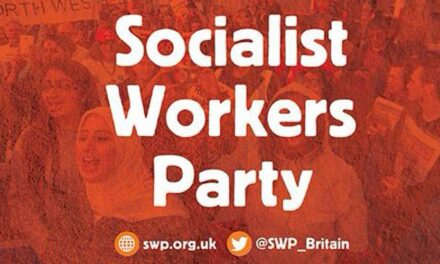political leaders seem genuinely baffled by the overwhelmingly negative response to their grand plan to implement an Ultra Low Emission Zone (ULEZ) that promises to make people poorer. As discontent spreads like wildfire, politicians are left scratching their heads, wondering why their supposedly eco-friendly initiative is causing public outrage.
The ULEZ proposal, touted as a solution to reduce emissions and improve air quality, has left citizens feeling like pawns in a confusing political game. With soaring charges for driving older vehicles and limited alternatives, many are questioning why such a measure was put forth without more thoughtful consideration for its economic impact on ordinary people.
“It’s as if they expect us to switch to electric cars overnight, without considering the financial strain on hardworking families,” a frustrated commuter remarked. “I can’t afford to buy a new car just to comply with their ULEZ whims.”
In the meantime, political leaders are struggling to comprehend the depth of public frustration. “We thought people would cheer for our environmental commitment,” one official admitted, bewildered by the backlash. “Who knew they’d be upset about having to choose between groceries and ULEZ charges?”
As social media erupts with memes and satirical commentary, it is clear that the disconnect between politicians and the public is reaching new heights. Parody accounts have sprung up, depicting politicians gleefully counting their ill-gotten gains while ordinary citizens struggle to make ends meet under the burden of the ULEZ scheme.
Critics argue that the lack of realistic alternatives and support for low-income individuals shows a failure of foresight in the implementation of the plan. Many have called for a more balanced approach that considers the needs of the environment while also addressing the economic realities faced by the population.
In the face of mounting opposition, politicians are left with a crucial decision to make: Will they continue to press forward with their ULEZ vision, seemingly oblivious to the public’s plight, or will they heed the calls for a more thoughtful and inclusive approach?
As the debate rages on, it remains to be seen whether political leaders will rise to the occasion and address the legitimate concerns of their constituents, or if they will continue to be puzzled by the unpopularity of a plan that threatens to hit ordinary people’s pockets the hardest.
















